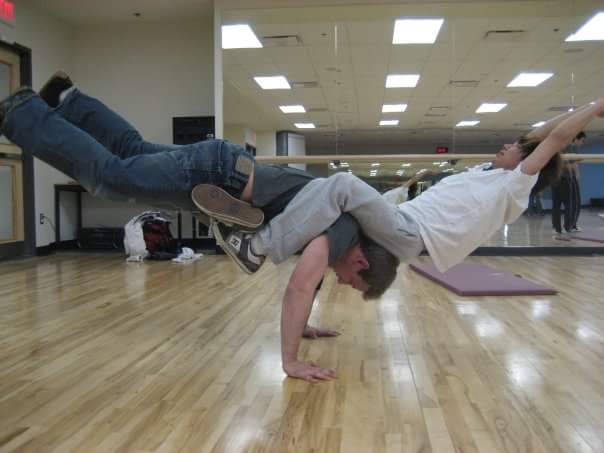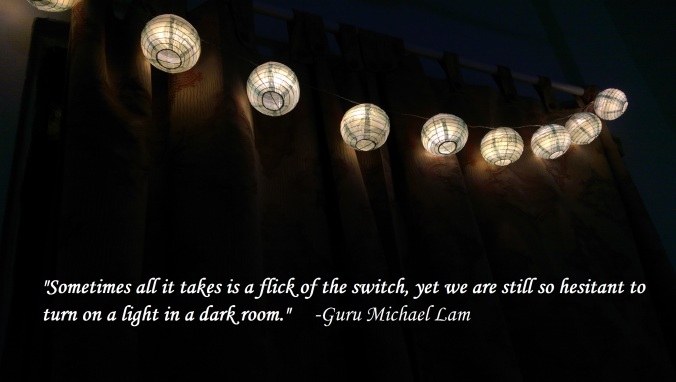![IMAG5239[1].jpg](https://thewhippingboyblog.files.wordpress.com/2017/09/imag52391.jpg?w=676)
“Server: (n.) Someone who is paid to wait on people who won’t wait on you; Salary is inversely proportional between the waiting performed by the server and the waiting performed by the customer; the only profession in which you can ‘wait faster’.”
“Patience is a virtue.” We’ve all heard it, and we all believe it. Some of us believe we have it even when we don’t; at least we don’t realize when our Patience turns into waiting. It’s a rare thing to have patience in a world built upon instant gratification and convenience, prizing efficiency and initiative as hallmarks of success. I hate getting stuck behind a slower car for more than 30 seconds – I get really emotional. I hate the 1-2 second lag time in hard acceleration when my car isn’t in Sport mode. I will honk if nobody moves at an advanced left green light within the first 3 seconds. I would much rather go somewhere else than wait in line for more than 5 minutes (also a reason I probably missed out on a lot of food in Singapore). But I still call myself patient?? Am I deluded or just sinusoidal?
People in the waiting room lining up to see the doctor are called patients for a reason.
I’m a HUGE proponent of understanding words and context. So much miscommunication occurs when people have different definitions or connotations with certain terms. In the words of my good friend Andrew when he’s arguing with my other friend Frank: “Well it depends on how you define it.”
Historically these are the two definitions:
Patience: The capacity to accept or tolerate delay, trouble, or suffering without getting angry or upset.
Waiting: The action of staying where one is or delaying action until a particular time or until something else happens.
So what do we get from this? Simply that waiting can be a subset of Patience, but just because you are waiting doesn’t mean you are being patient. Who cares? Well, if you care about not deceiving yourself and start improving yourself, then you should.
I consider myself fairly patient, but at times I catch myself ‘waiting’ with a discontented spirit. I am annoyed or irritated (yes there is a difference) and my patience has run out (or maybe was never there to begin with). Apathy is a self-defense mechanism I employ often, and here is no exception. I struggle with being patient because there are times when I like to be highly efficient. Thank God for my wonderful girlfriend Sharon who is very punctual.
Here is another great example of the staggering difference between being patient and merely waiting. Consider these two simple statements:
a) God is patient with us.
b) God waits for us.
Statement ‘b’ poses a condition. God waits for us….until what? Until we become good people? Until we self destruct? On the other hand, statement ‘a’ stands on its own. God is patient with us, full stop. It describes his attribute and does not assume he is patient for any other reason other than his character and there is no event which ‘ends’ his patience for better or worse. Patience however doesn’t equate to inaction. Your patience doesn’t “run out” when you take action or are done “waiting.”
In Genesis 15, God reveals to Abram that they will endure four centuries under persecuted rule by the Amorites. Why? There is a special timing that only God understands, but if we go by the consistent behaviour of God in the old testament we see a recurring theme of grace and repentance. God allows a time for sin to prolong so that people may be given the chance to repent and turn from evil, while God and His people suffer at this expense. That is a great thing to know, because who doesn’t need that?
So how do I turn my waiting into patience? Well, patience (being a virtue and not an action) is about the attitude you have towards others and yourself in relation to them. It’s something that can be worked on, slowly, but if you ask me there are many things I would not have truly understood without the grace of God enabling me to do so.

![IMG_20170913_081241[1]](https://thewhippingboyblog.files.wordpress.com/2017/09/img_20170913_0812411.jpg?w=676)



 “Knowledge comes with time. Understanding comes from thinking.” -Guru ML
“Knowledge comes with time. Understanding comes from thinking.” -Guru ML

